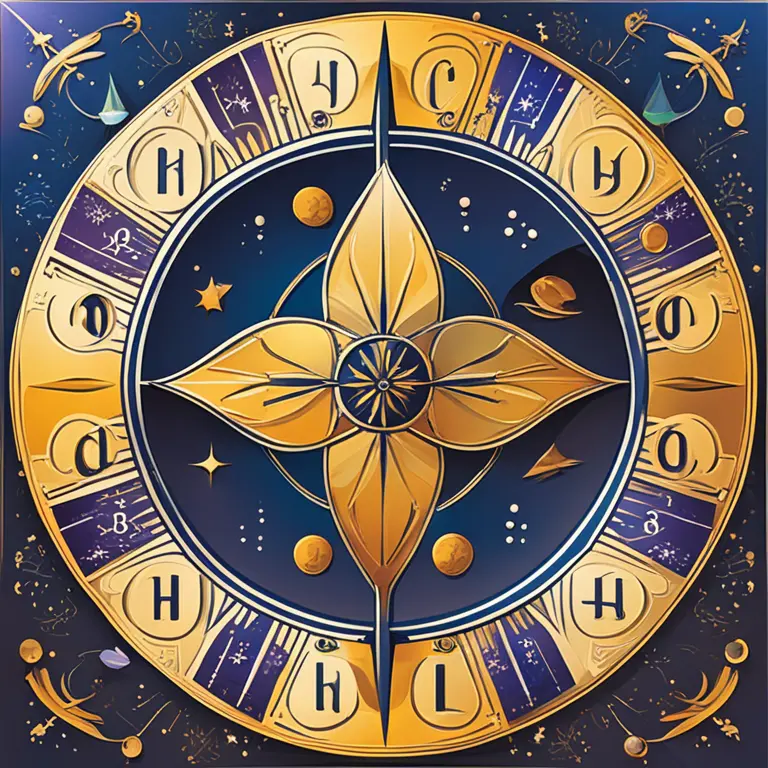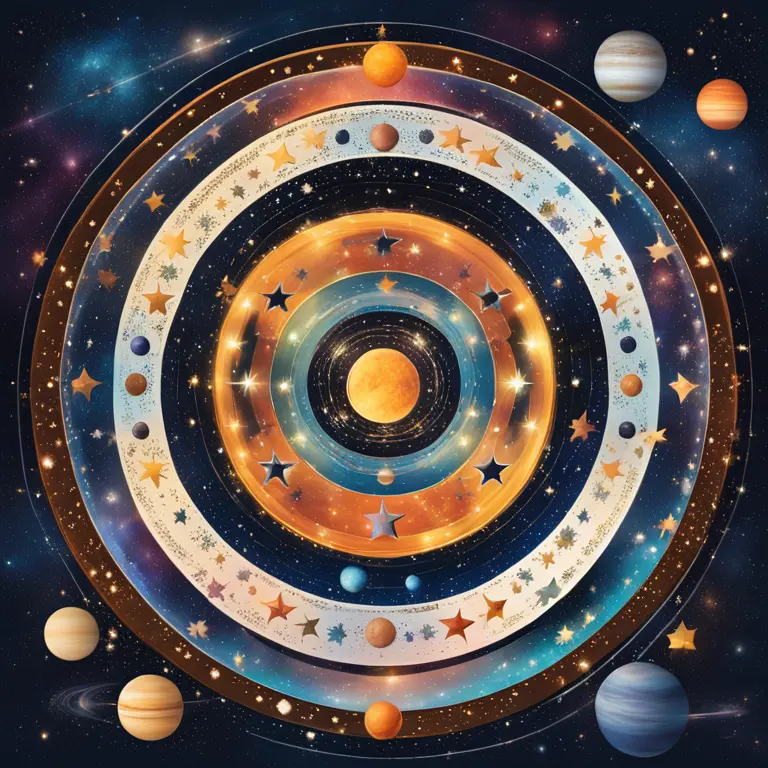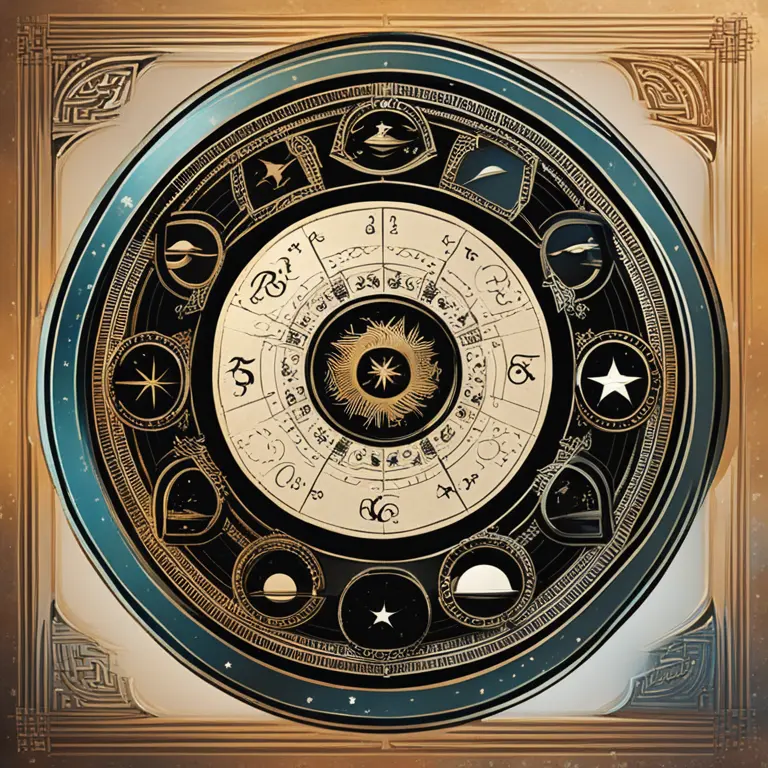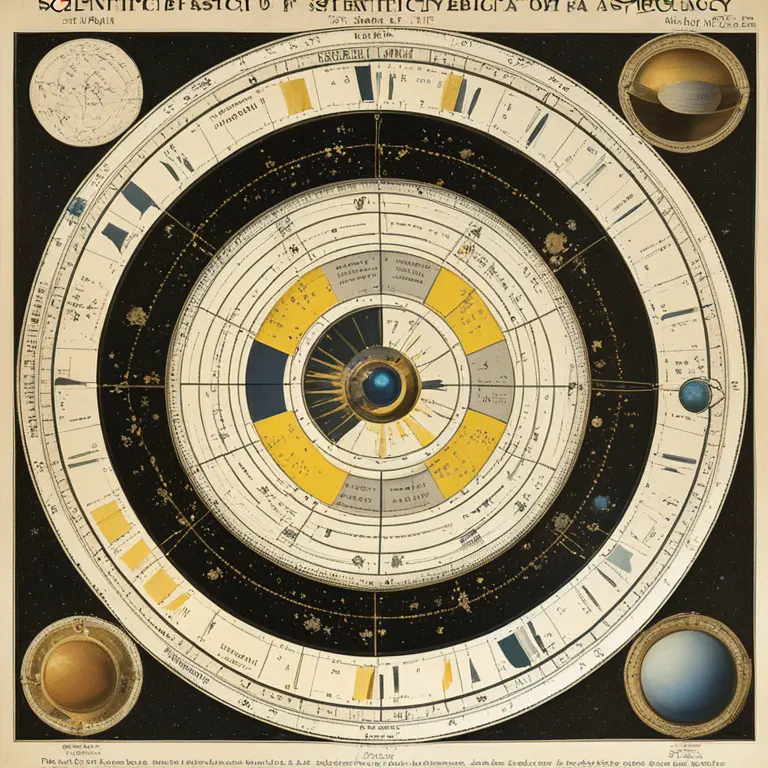
The Truth About Astrology Predictions
Are astrology predictions a guide to the future or mere coincidences? Dive into the reality of astrological insights in the modern world.
article by Priya Deshmukh
Astrological Predictions: A Brief Overview
Astrology is an ancient practice that purports to discern information about human affairs and terrestrial events by studying the movements and relative positions of celestial objects. It's a tradition that has been followed for millennia, evolving alongside human society. Despite its historical roots, astrology continues to thrive in the digital age—with apps and websites dedicated to horoscopes proving especially popular. The fundamental question remains: can the stars really influence our future or provide true predictions about our lives?

Scientific Scrutiny of Astrology
From a scientific perspective, astrology has often been cast into the realms of pseudoscience due to its lack of empirical evidence and inability to provide consistently accurate and replicable predictions. Critics argue that any accuracy in astrological predictions is either coincidental or based on the Forer effect, where individuals give high accuracy ratings to descriptions that supposedly fit their personality but are, in fact, vague and general enough to apply to a wide range of people.

The Psychological Comfort of Horoscopes
Despite skepticism from the scientific community, many people flock to astrology for comfort, guidance, and a sense of control over their future. Psychologists suggest that belief in astrology can provide individuals with a framework for understanding the complexities of life and human relationships. Astrology's personalized narratives can offer solace and personal insights, even if the methodology behind those insights lacks scientific validation.

Modern Astrology and Personal Experience
As we look ahead, modern astrology also considers the interplay of numerous factors beyond the traditional zodiac signs. Current practices incline towards a more psychological approach, incorporating personal planets and their transits. This nuanced version might resonate more personally with individuals, contributing to experiences where some predictions appear to be astonishingly true.

Technological Advances in Astrological Practices
In the era of Big Data and AI, astrological predictions are no longer simply about reading the stars but about analyzing massive amounts of user data to identify patterns. These technologies give a new edge to astrology, allowing for more personalized readings, and leading many to argue that such advancements could increase the validity of astrological predictions.
The Role of Personal Belief in Astrology
Ultimately, the debate over astrology's truth might be less about the stars and more about personal belief systems. For believers, astrology serves as a tool to navigate the uncertainties of life and provides an alternate narrative to make sense of the external world. In contrast, skeptics will maintain that astrology lacks the necessary scientific backing and place their faith in other systems of knowledge.
Conclusion: The Future of Astrological Belief
As with many aspects of human belief and culture, astrology's place in the future will likely be determined by its adaptability and relevance to the lived experiences of its followers. The true "predictions" of astrology may continue to hinge on psychological relevance rather than empirical evidence. Whether as a self-reflective exercise or a cosmic guide, astrology's truths, for many, lie in the eye of the beholder.
Published: 1/12/2024
Modified: 1/12/2024
More predictions
Come back here soon to learn more about yourself and your future


The Essence of Zodiac Water Signs
Delve into the depths of the Zodiac's Water signs: Cancer, Scorpio, and Pisces, and their profound influence on personality, emotions, and relationships.


Zodiac Signs & True Self Reflection
Explore the compelling connections between zodiac signs and personality traits to discover if astrology paints an accurate picture of you.


The Mystique of Zodiac Water Signs
Dive into the emotional depths of the Zodiac water signs – Cancer, Scorpio, and Pisces – and discover the profound insights they offer.